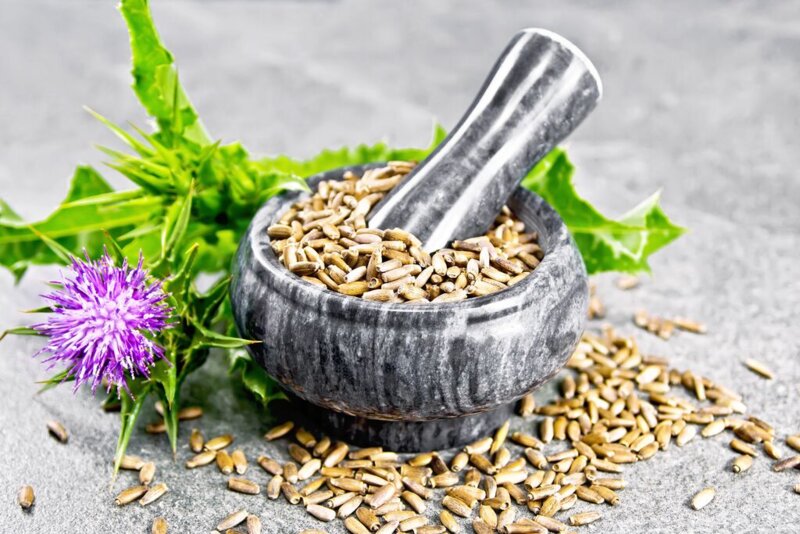sometimes less is more! That's why it's extremely important that you stick to the dosages and timings indicated.
Supplements in elite sport. The recommendations of professional triathlete Samuel Hürzeler.

Dietary supplements are widely used in both amateur and professional sport. The aim of supplements is to promote health by ingesting vital substances or to compensate for potential deficiencies. They are also used to supplement macronutrients in order to cover requirements that might not be met by the daily diet. These include protein shakes, gels, bars and sports drinks. Others use supplements to boost performance directly, to prevent muscle pain (muscle soreness), to accelerate recovery or to influence mood.
Many micro- and macronutrients are responsible for important processes relating to performance and recovery. It is essential for an athlete to be able to train efficiently while avoiding injuries and illnesses. Of course, a healthy and balanced diet is very important and, if done correctly, will provide the body with the micro- and macronutrients it needs. Even elite athletes are not immune to an unbalanced diet and are actually at even greater risk of deficiency than the general population due to increased energy consumption/demand3.
Supplements can be broadly divided into four categories1:
- Supplements for the prevention and treatment of nutrient deficiencies
- Supplements that provide energy and nutrients in a practical form
- Supplements that have a direct impact on athletic performance
- Supplements that have an indirect effect on athletic performance
In the following section, I would like to address these four categories in more detail. I will, however, only mention supplements which are either very common in elite sport and/or for which there is good to very good evidence that they are effective. Supplements taken as part of a vegetarian or vegan diet are excluded.
Category 1: Supplements for the prevention and treatment of nutrient deficiencies
Vitamin D plays an important role in most cells in the body. A deficiency would therefore have a negative impact on many systems in the body, but mainly the immune system and bone density. The risk of deficiency depends on the time of year (as it is created when the body is exposed to sunlight) and whether you mainly practise your sport indoors or outdoors.
In relation to bone density, calcium must also be mentioned here. An additional calcium supply may be necessary, especially if you do not consume dairy products and are placed under high strain by experiencing regular energy deficiencies.
Iron: endurance athletes in general and women with high menstrual blood loss should have their iron stores checked regularly and, if necessary, supplemented. Higher iron turnover is to be expected during high altitude training and, in most cases, it is advisable to support this phase with an iron supplement.
Magnesium is very often used in sport to prevent muscle cramps. However, in this case, there is no evidence of efficacy. Muscle spasms have a variety of causes and are very rarely due to a magnesium deficiency2. Magnesium can also lead to gastrointestinal problems under physical exertion.
Category 2: Supplements that provide energy and nutrients in a practical form
For sports nutrition before, during and after exercise, there are relatively clear guidelines regarding the amounts of energy and nutrients required. In some situations, however, it is practically impossible to consume these amounts via normal everyday food sources. With tight training schedules, eating a meal that contains the amounts you need is simply a timing issue.
When under exertion, an increase in energy must be tolerable for the stomach. This is where “sport food” comes in. In a long-distance triathlon, up to 120 g of carbohydrates are ingested per hour under exertion. To consume this sheer volume, the athletes resort to sports drinks, gels and sports bars. As well as constantly refuelling with energy, a reasonable fluid balance also needs to be maintained. Electrolytes, especially sodium, play an important role here. A sufficient amount of amino acids is important for regeneration or for stimulating protein synthesis. Various protein supplements can help to reach the recommended amount of 20 g protein per meal (and additional portions depending on exertion).
Category 3: Supplements that have a direct impact on athletic performance
A supplement with strong evidence for its performance-enhancing effect is caffeine. It increases the release of endorphins, helping to cope with neuromuscular demands. Not to mention the fact that increased alertness and reduced fatigue are welcome in almost every sport. Use of creatine is widespread in many team and strength sports. Supplementing creatine increases the creatine stores in muscles, improving sprinting capacity and the ability to perform multiple short high-intensity sessions.
Another popular supplement is nitrate, which is used for both prolonged submaximal exertion and high-intensity, intermittent or short sessions. Nitrate plays an important role in various muscle functions. Its main role, however, is increasing the efficiency of oxygen conversion in muscle cells and increasing the flow of blood to the muscles. Beta-alanine has a similar effect during prolonged high-intensity exertion with its intracellular buffering capacity. Sodium bicarbonate is also often used in prolonged, high-intensity sports. It acts as a buffer in the blood when the pH value increases, i.e. hyperacidification (by lactate) of muscles.
Category 4: Supplements that have an indirect impact on athletic performance
Many of the supplements mentioned above are intended to make a direct contribution to athletic performance. Indirect contributions are those made by all supplements that promote health, body composition, the ability to train hard, recover faster, adapt optimally, a reduced susceptibility to injury and a quicker comeback after injuries. For an athlete, continuous training is the key to success. Interruptions caused by illness or injury can often be prevented with appropriate supplements adapted to the particular stressor (travel, flu season, susceptibility to injury, etc.).
Supplements that support the immune system or promote sleep and vital substances for healing injuries and reducing inflammation are therefore appropriate in some cases. However, continuous supplementation is not advisable, as high-dose antioxidant agents can also have a negative effect on training-related adaptation processes.
Be sure to note that
it is important for athletes to be made aware that all supplements must be of the highest quality and must therefore be obtained from trusted and tested sources4. Lower-quality supplements may contain impurities and lead to a positive doping test!
Source:
1Maughan RJ, Burke LM, Dvorak J, Larson-Meyer DE, Peeling P, Phillips SM, Rawson ES, Walsh NP, Garthe I, Geyer H, Meeusen R, van Loon LJC, Shirreffs SM, Spriet LL, Stuart M, Vernec A, Currell K, Ali VM, Budgett RG, Ljungqvist A, Mountjoy M, Pitsiladis YP, Soligard T, Erdener U, Engebretsen L. IOC consensus statement: dietary supplements and the high-performance athlete. Br J Sports Med. 2018 Apr;52(7):439-455. doi: 10.1136/bjsports-2018-099027. Epub 2018 Mar 14 PMID: 29540367; PMCID: PMC5867441.
2Moretti A. What is the role of magnesium for skeletal muscle cramps? A Cochrane Review summary with commentary. J Musculoskelet Neuronal Interact. 2021 Mar 1;21(1):1-3. PMID: 33657750; PMCID: PMC8020016.
Sam’s top tip:
Buy supplements. Tip:
Buy your supplements at pharmacies and drugstores. They will be happy to give you the right advice.











